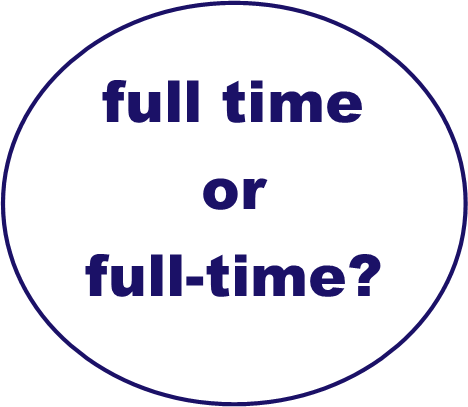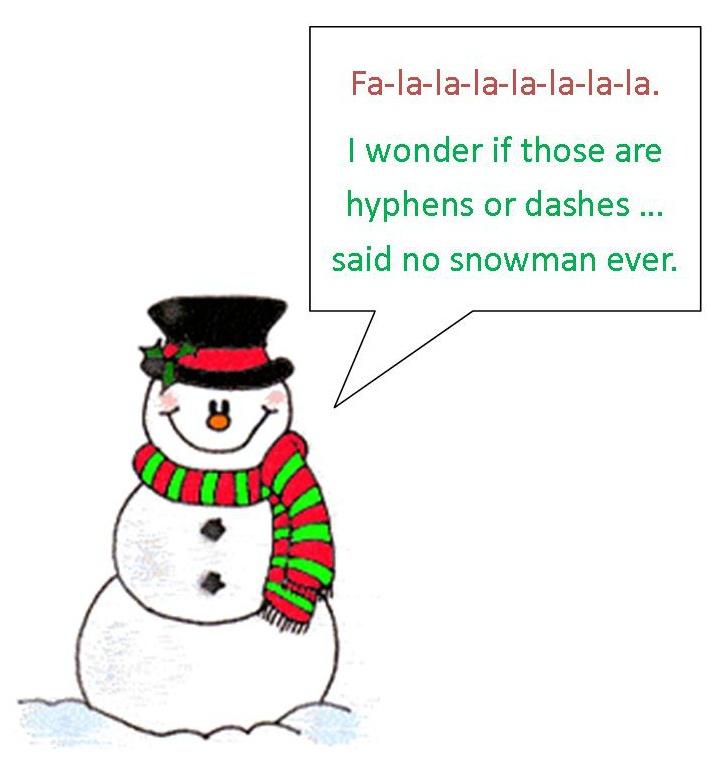Using or Dropping the “Year Old” Hyphen
First of all, you’re not silly or dumb for being confused over this. The problem is that ages are used as different parts of speech and in different orders in a sentence.
That makes all the difference as to whether you need a hyphen for clarity.
Here are the simple rules you need to know to hyphenate ages correctly:
Hyphenate an Age Being Used as a Noun
Nouns are words for people, places, things, or ideas. Ages are being used as nouns in the following:
- I think six-year-olds are the cutest because they haven’t lost their baby cheeks.
- An eighty-year-old is bound to be wiser than a twenty-year-old.
- A recipe for silliness: fifteen-year-olds and helium balloons.
Essentially, you’re using hyphens to group the related words together as a single noun.








